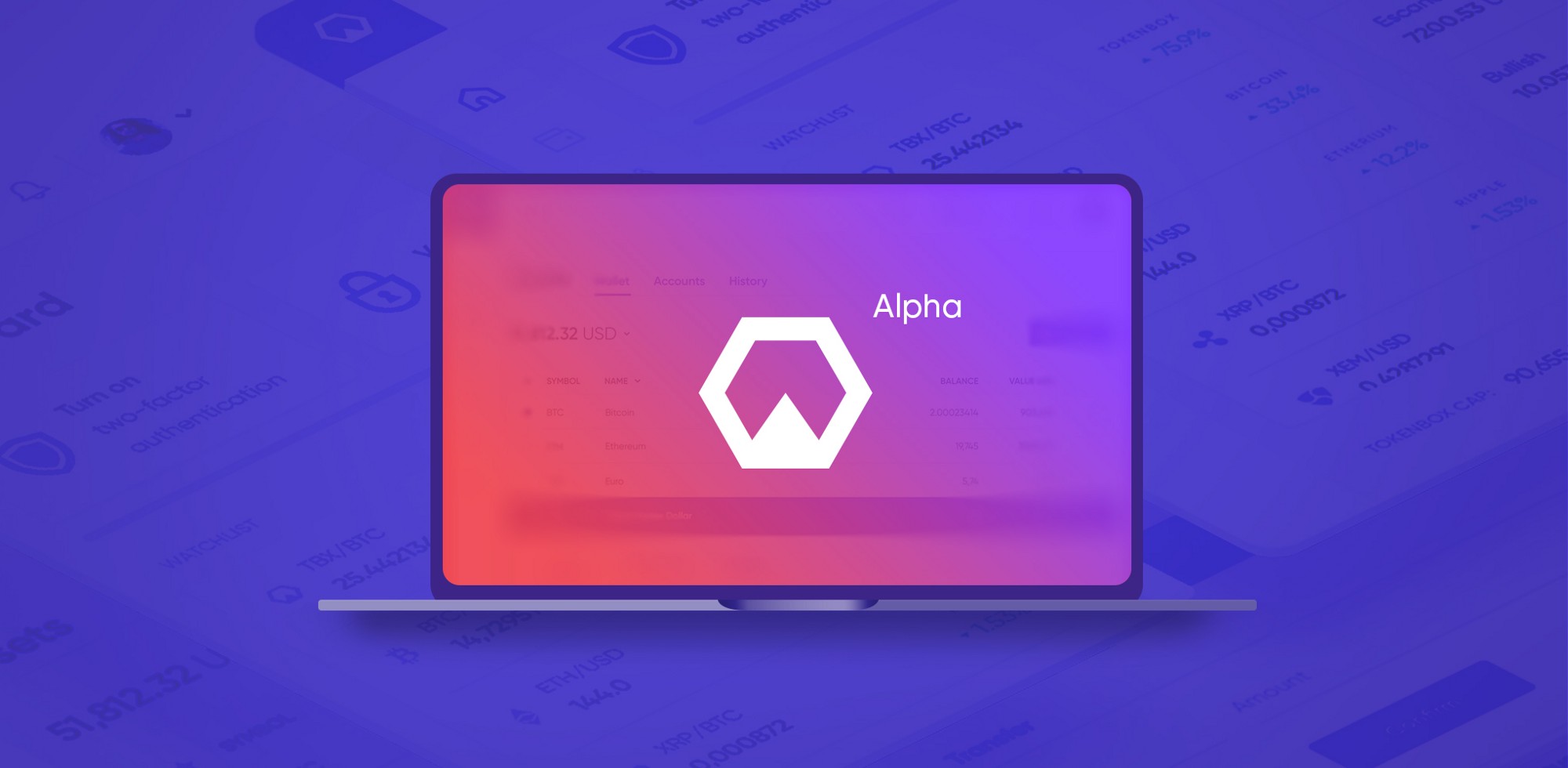crypto exchange welcome bonus maker taker fee explained

Huobi Cryptocurrency Exchange Singapore | Guide & Review ...
1898 x 887

Prime Dice Casino review - Crypto Casino - Encrypted Reviews
1200 x 1312

Silk Road 2.0 making users whole after hack - Bitcoin ...
1920 x 1080

Crypto Tidbits: Square Looks To Bolster Bitcoin, Binance ...
3000 x 1688

Crypto 101: Your Beginners Guide to Bitcoin - Phemex Blog
1814 x 1026

Free Bitcoin Promo Code / Coinbase Promo Code Sign Up Bonus
1080 x 1080

�️ RONEX EXCHANGE AIRDROP Ⓜ️ REWARD : 20$ + 80 RX = 48 ...
1400 x 1400

Tokenbox launches alpha version of the platform and joins ...
2000 x 980

3 Phases Of Indices Forex - 3 Simple Money Flow Index ...
1600 x 1067

KuCoin Fees Explained | How Much It Costs to Trade Crypto ...
1024 x 913

KuCoin Fees Explained | How Much It Costs to Trade Crypto ...
2048 x 1825

Top 10 Exchanges to Trade Bitcoin Futures in 2019
6266 x 1436
Most of the time, this “welcome bonus” refers to a reward you will get if you satisfy specific conditions when you register to a crypto exchange. In this way, the exchange want to attract more users and of course, to earn more money. This sort of reward is sometimes also called: Registration bonus. Signup bonus. Orders that are both a maker and taker order However, an order can both have a maker and a taker fee. Example: Trader A wants to buy 1 BTC for EUR 10,000, so he places a buy limit order in the order book and hopes that the price goes down to EUR 10,000 so that his order gets filled. Now comes Trader B, who wants to sell 2 BTC. For new customers only, you can get a $10 Welcome Bonus when you sign up for a new account using a referral link and verify your ID. There is no investment or holding period required, so you can withdraw your bonus immediately. What are maker fees and taker fees? — Bitpanda AcademyWhat are Maker and Taker fees? - Cryptocurrency trading fees .What Maker-Taker Fees Mean for You - InvestopediaCryptocurrency exchange welcome bonus and sign-up offers .Referral Bonus: Get a $50 welcome bonus when you trade at least $150 in Crypto. Coins Offered: Bitcoin, Ethereum, Litecoin, Bitcoin Cash, Aave, Chainlink, Dogecoin, Maker, Curve, Uniswap, Yearn.Finance, Synthetix, Compound, Basic Attention Token, Kyber Network, and 19 others. Fees: 1.5 – 2% trading fee; free deposits and withdrawals. The Exchange offers up to USD$72 worth of welcome bonuses as follows: USD$2 worth of BTC is deposited to your account immediately after registering for a new account. A Social Media Bonus of USD$10 is given after (a) registering for a Phemex account; (b) following their official. USD$60 Funding . A no deposit crypto bonus is a welcome offer where the company doesn’t ask for a deposit in return to release the crypto bonus. These kind of crypto bonuses can seem to be less risky since it doesn’t involve deposits directly. However, be careful if its only an approach to get more details from you before they start to ask for more information. Free Crypto Sign Up Bonus 2022 No DepositThe maker and taker model is a way to differentiate fees between trade orders that provide liquidity ("maker orders") and take away liquidity ("taker orders"). Maker and taker trade orders are charged different fees. Maker orders. A trade order gets the maker fee if the trade order is not matched immediately against an order already on the order book, which adds liquidity . Crypto exchange bonuses come in varied forms—referral or welcome bonus, and cashback on deposits or transactions, respectively known as deposit and trading bonus. The best part about bonuses is that you earn rewards simply for joining a platform or depositing your already existing assets. Both makers and takers play essential roles in an exchange’sorder book. Put simply: Makers provide liquidity to exchange and create a market for a token. Takers remove liquidity by fulfilling open orders on the exchange. Exchanges typically incentivize makers to provide liquidity to the exchange with lower fees for their orders. Free Bitcoin Bonuses & Cryptocurrency Promotions, January 2022Not only is Coinbase a secure cryptocurrency exchange that's based in the U.S., but it also offers new users a $10 bonus. Once you sign up for an account with the promo code COLLEGE10, Coinbase will give you $10 in free Bitcoin*. Get started with Coinbase here >>> Our Maker-Taker Fee Structure Explained. Every trade occurs between two parties: the maker, whose order exists on the order book prior to the trade, and the taker, who places the order that matches (or "takes") the maker's order. Makers are named because their orders make the liquidity in a market. Takers are the ones who remove this liquidity by matching makers' orders with their own. What Are Maker and Taker BinanceBinance Maker and Taker Fee Explained - CryptoCoinTrade13 Best Crypto Exchange Sign Up Bonus and Referral Programs 2022Best Crypto Bonus Offers And Promotions January 2022What are Maker and Taker fees? – KrakenA maker is a trader who adds liquidity to the order book. A taker is a trader who takes liquidity out from the order book. As noticed, there are two types of investment that carry different fee structure. These are maker (when trade adds to the platform’s liquidity) and taker orders (when traders take out the liquidity from the platform). Maker / taker fees applies to both buy orders as well as sell orders. Makers are users who make orders to the order book, increase the size of the order book thus increasing liquidity to the exchange. Whereas takers are users who take away orders from the order book, decrease the size of the order book thus consuming liquidity. Market maker: Crypto deals: list of the best exchange welcome bonuses .Build a Crypto Portfolio - Buy Bitcoin & Crypto InstantlyMaker and taker fees is a popular fee structure used by trading platforms to charge traders for adding or removing liquidity on the exchange. That is, a different fee or cost can be applied by the exchange to incentivize traders that provide liquidity to the order book compared to those who remove liquidity for a particular trading pair. Top Crypto Exchange Bonus Programs You Must Know - AirdropAlertThe chief aim of maker-taker fees is to stimulate trading activity within an exchange by extending to firms the incentive to post orders, in theory, facilitating trading. Key Takeaways Maker-taker. What Are Maker & Taker Fees? Explained For Beginners .Our Maker-Taker Fee Structure Explained – Poloniex
